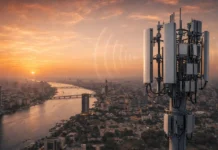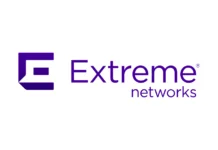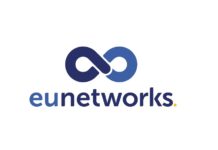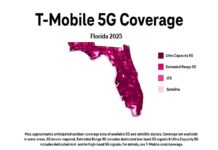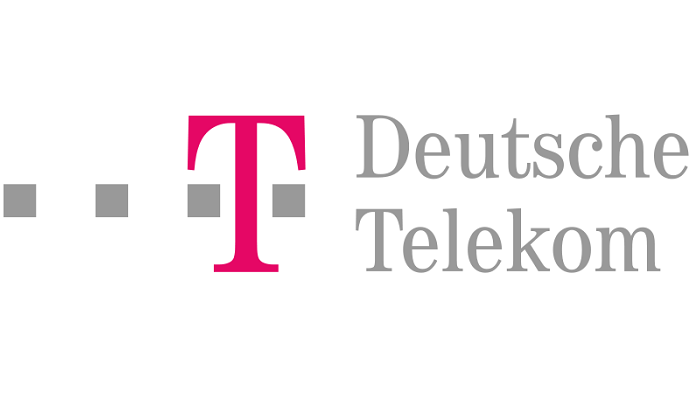Deutsche Telekom is accelerating the build-out of fiber-optic infrastructure in Germany. A new marketing strategy is to pilot the build-out of fiber to the home (FTTH) in smaller towns. The first project is being launched in the town of Bad Staffelstein in Franconia.
Starting December until the end of February, residents there can register for a fiber-optic line. If a minimum of 750 orders for ultra-fast Internet are received during the pre-marketing phase, the fiber-optic network will be built out to the community by the end of 2018. In addition, early bird sign-ups for an FTTH service will not have to pay any installation charges. Further pilot towns in Baden-Württemberg, Hesse, Saxony, and Thuringia are to follow early next year.
“We introduced pre-marketing in 2011 and came back to it as a great tool for building out fiber-optic infrastructure. Demand was mostly too low a few years ago, but we’re hoping for a better response this time around,” says Niek Jan van Damme, head of Deutsche Telekom’s business operations in Germany.
Deutsche Telekom plans to lay the fiber-optic cables using microtrenching technology to reduce costs. Microtrenching removes the need to dig out huge trenches. Instead, narrow grooves are milled into the road/sidewalk surface. “This saves us time and money and minimizes the disruption for residents. More communities should opt to use this innovative technology and give people access to high-speed Internet lines,” says van Damme.
Deutsche Telekom is also redoubling its efforts to expand fiber-optic infrastructure in areas outside of these pilot projects. It aims to lay 40,000 km of new fiber-optic cables this year – up from the 30,000 originally planned. The figure planned for the coming year is a huge 60,000 km. Van Damme: “While everyone else is busy announcing their plans, we are already putting in the work across all of Germany.” Deutsche Telekom’s fiber-optic network now totals 455,000 km in length. Business parks are a particular focus of the FTTH build-out, alongside subsidized expansion activities and partnerships with competitors.
Turning to the strategy underpinning the broadband build-out, van Damme explains: “We deliberately chose to focus initially on building out fiber infrastructure to the cable distribution boxes and using vectoring as this allowed us to rapidly cover large areas of Germany with high-speed Internet lines. The second phase will be to bring optical fiber closer to homes.” This would be heavily dependent on regulatory incentives, van Damme continues, touching on calls to change regulation so as not to impede the build-out of fiber to the home (FTTH) or the building (FTTB).
This move is also backed by six other companies who are investing heavily in fiber-optic infrastructure (Deutsche Glasfaser, EWE, M-Net, NetCologne, the municipal utility company of Neumünster, and Wilhelm.Tel). Niek Jan van Damme: “We are doing everything we can to equip Germany with vital state-of-the-art broadband infrastructure needed for digitization. But our competitors, the regulators, and the policy-makers must also do their bit.”




